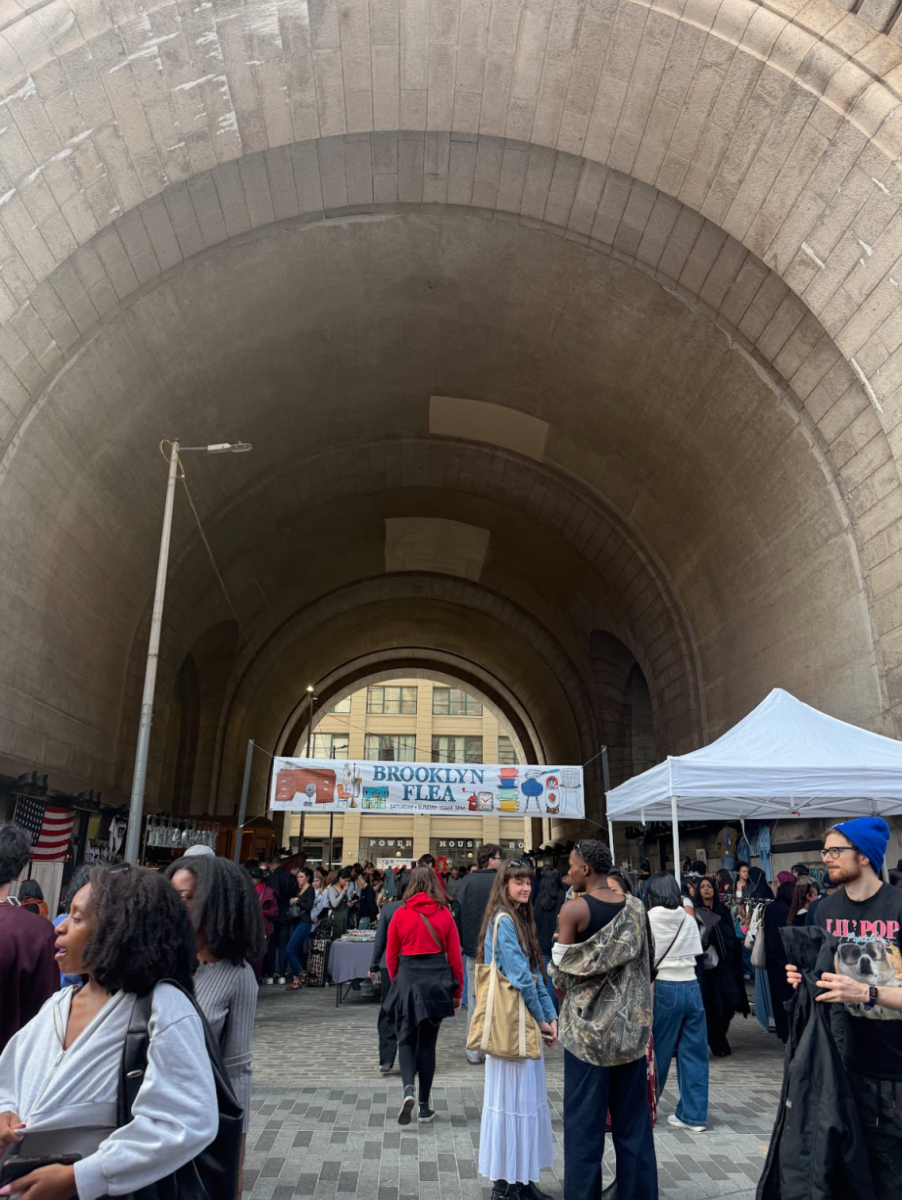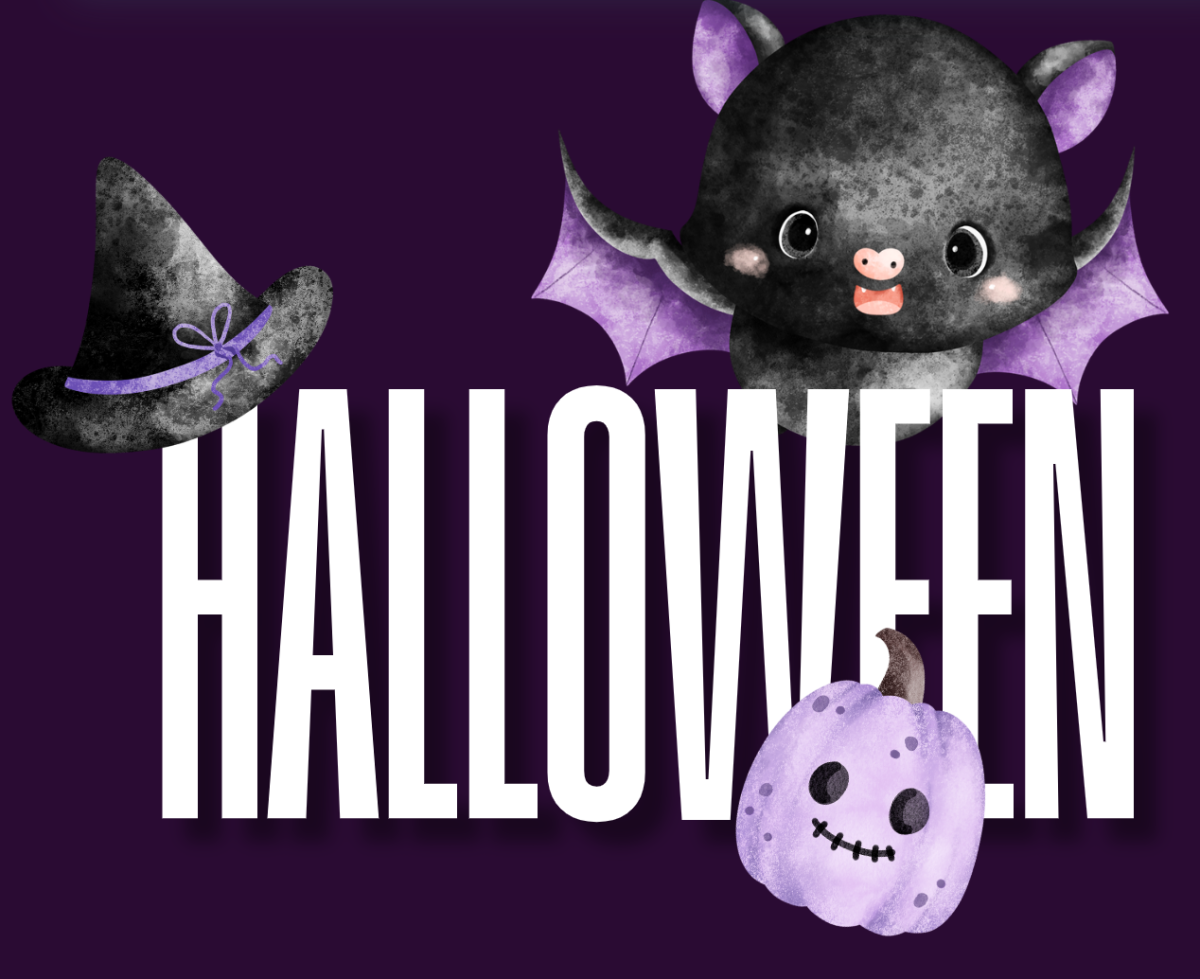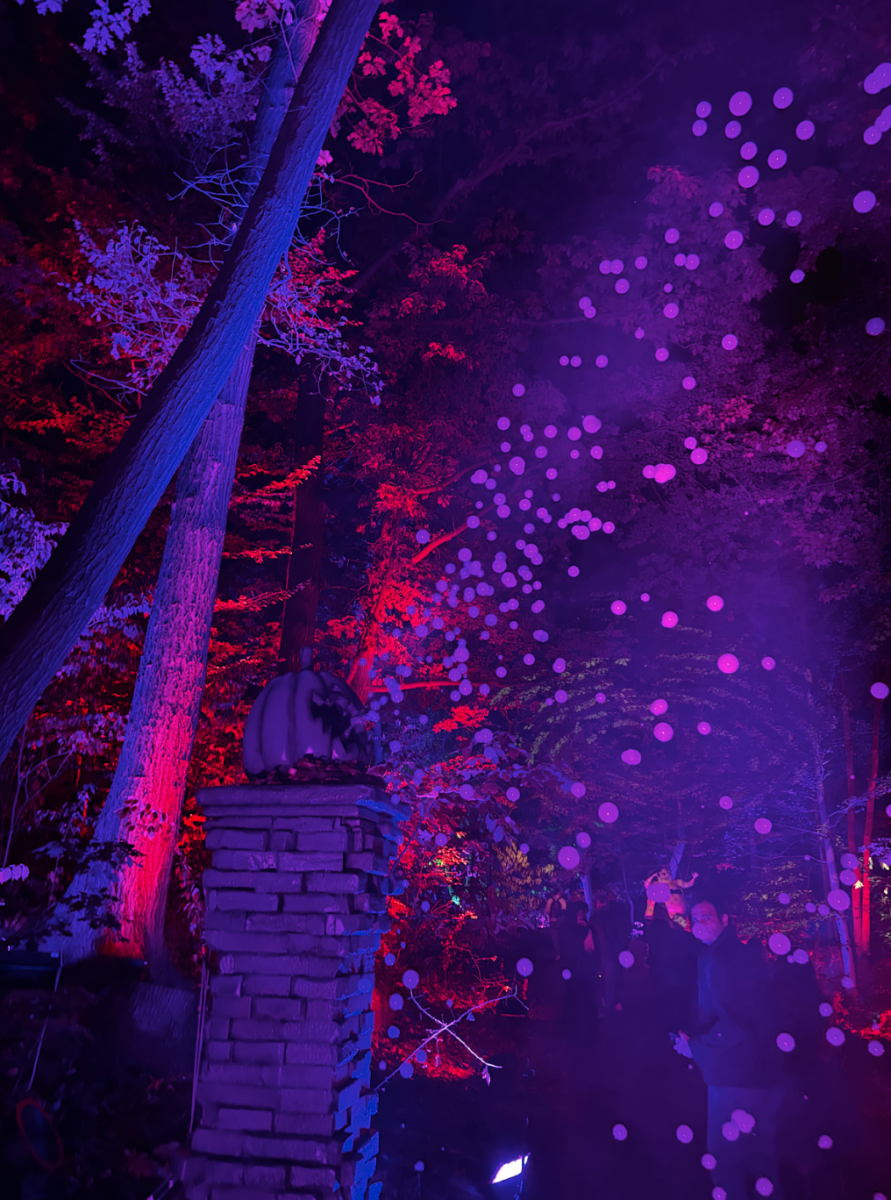I hate myself for the inevitability that is lacking appreciation for something before it’s gone. I remember when Prince passed away in 2016; I was at some kind of afterschool program and saw the headline on one of the desktop computers. My music taste hadn’t yet varied as it later would, but I felt the seismic shift that results from any cultural titan disappearing into thin air. On that April day, people slumped over as they meandered, conversed without conviction. As I began to work through Prince’s catalog, the reasoning behind this revealed itself. It was the loss of a beacon of swagger, a mastermind of sexuality that unzipped dresses with a simple falsetto.
This illness began to work its way through my veins. I too felt discouraged by the concept that the world no longer felt cool without Prince. That was until I listened to “Voodoo.” It landed on my doorstep — a milestone in my evolving journey through music. It had the instantaneous effect that any perfect album has. “Playa Playa” opens with a shortened sibling of the contemporary street intro that Biggie opens “Ready to Die” with, before launching into the tightest instrumentation since James Brown and the J.B.‘s worked the Apollo in the 70s. Then, ushered in by harmonies so smooth that they could butter toast, D’Angelo was let into the bedrooms of women of all races, ages and origins.
“Steal you with my two shot / Control you with my drop / Blaze you with my handle / Impress you with my rock.” That verse alone had me on my phone sending messages to women I hadn’t talked to in months. He inspired pure optimism, philosophical thought and the nastiest stank faces that are only produced when the right note is combined with the perfect pitch.
The soul of it all was indescribable. D’Angelo came from a religious background. His dad was a pentecostal minister and he grew up playing the organ and singing hymns during Sunday services. Many of the greatest voices gained momentum the same way — Whitney Houston and Aretha Franklin were both choir singers before shifting to the commercial market. D’Angelo, similarly, had an uncanny ability to harness the divine and create an unfiltered access point to the soul.
Just listen to “Higher,” the gorgeous appraisal to God that concludes D’Angelo’s debut “Brown Sugar.” The roots are apparent: D’Angelo works the organ and even goes so far as to include a congregation in the background, howling like wolves as they ascend with each exclamation. Had the angel Gabriel returned to earth and proclaimed the very lyrics himself, it would not have gotten any closer to the heart of God. D’Angelo morphs from street cat to prophet, and he simply makes it make sense.
That’s why his disappearance from the public light after “Voodoo” wasn’t shocking. He took refuge from the pressure of newfound fame and from the oversexualization of what he intended to be perceived as sincere and personal. The now infamous music video for “Untitled (How Does It Feel),” featured D’Angelo naked, and insinuating camera angles worked their way down his waist. A song once meant to symbolize male yearning shifted to a female-centric anthem focused on illustrating the sexual act.
D’Angelo resultantly went 14 years before releasing another album. His name would pop up in headlines once every so often, typically linked to some sort of drug arrest or opinion piece stating that his career was “over.” It was a descent not too different from Layne Staley, and many thought the story would end in a similar way.
Then the next chapter came. Hands were raised in protest. The image channeled Gordon Parks’ civil rights photography of the mid-20th century. The headline: “Black Messiah.” D’Angelo’s face, body and pelvis were nowhere to be found. He had returned with a muted whisper, one that painted a new image and reformed his legacy into something aspirational.
“Black Messiah” was hailed as a magnum opus. Not for any semblance of the sensual provocation that was present throughout D’Angelo’s first two albums, but for the political stance he was eager to take. Michael Brown was just killed, the public was weary and nobody could reconcile fear and love but D’Angelo. It’s funk with a side of justice: harder than “Voodoo,” darker than “Brown Sugar.” Critics likened “Black Messiah” to culture-shifting political albums such as Marvin Gaye’s “What’s Going On” and Sly and the Family Stone’s response “There’s a Riot Goin’ On.” But most importantly, in the same way he was able to reshape a social narrative, D’Angelo shifted his position in the cultural landscape from wasted talent to a legacy.
I heard the news about D’Angelo’s death while observing the Bronx’s characteristic organized chaos from my balcony. Instinctively, I rushed back to my apartment and returned with my speaker, putting on “Alright” from “Brown Sugar” and returning to my state of disassociation. I’m not ashamed to admit I cried while that song played. It was slightly surprising, even to myself. I realize now that this pervasive sadness stemmed from the realization that nearly 10 years after Prince’s death, an equally critical source of swagger was again lost to the inevitability of time.
Fortunately for us, the beauty of music is that it allows the artist to live vicariously through their work. Listen to “Brown Sugar” while picking up a date, “Voodoo” while getting ready for a house party or “Black Messiah” before a protest, and feel yourself connected with the beauty of D’Angelo and his music.









































































































































































































